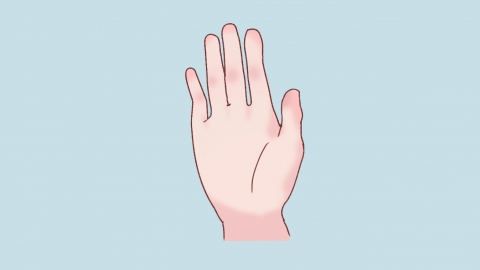Can Hei Shun Pian treat palmar hyperhidrosis?
Heishunpian may help treat palmar hyperhidrosis caused by conditions such as kidney yang deficiency or spleen yang deficiency. However, if the sweating is caused by other factors, Heishunpian typically cannot treat it. It is recommended to seek timely medical attention to determine the exact cause, followed by appropriate symptomatic treatment under the guidance of a qualified physician.

Heishunpian generally refers to a processed product of the traditional Chinese herb Fuzi (Aconiti Lateralis Radix Praeparata), with major components including aconitine. According to traditional Chinese medicine (TCM) theory, Heishunpian has the function of warming yang energy, dispersing cold, and restoring yang in critical conditions. It is suitable for palmar sweating caused by internal yang deficiency. If palmar hyperhidrosis is due to constitutional factors such as kidney yang deficiency or spleen yang deficiency, and a TCM practitioner determines that treatment with Heishunpian is appropriate based on syndrome differentiation, its use may help improve symptoms.
Perspiration of the palms can have various causes, and therefore requires targeted treatment according to the specific underlying reason. Thus, Heishunpian is not a conventional medication for treating palmar sweating. Palmar hyperhidrosis may be caused by environmental factors, psychological factors, or disease states, and in such cases, Heishunpian generally cannot provide treatment. Use drying agents or moisture-absorbing gloves, and avoid staying in damp environments for prolonged periods. Choose antiperspirants specifically designed for the hands.
If palmar sweating severely affects daily life, anticholinergic medications may be considered under a physician's guidance. These medications can inhibit sweat gland secretion and reduce sweating symptoms. Avoid consuming spicy or irritating foods, and maintain healthy lifestyle habits, which can help promote recovery.




